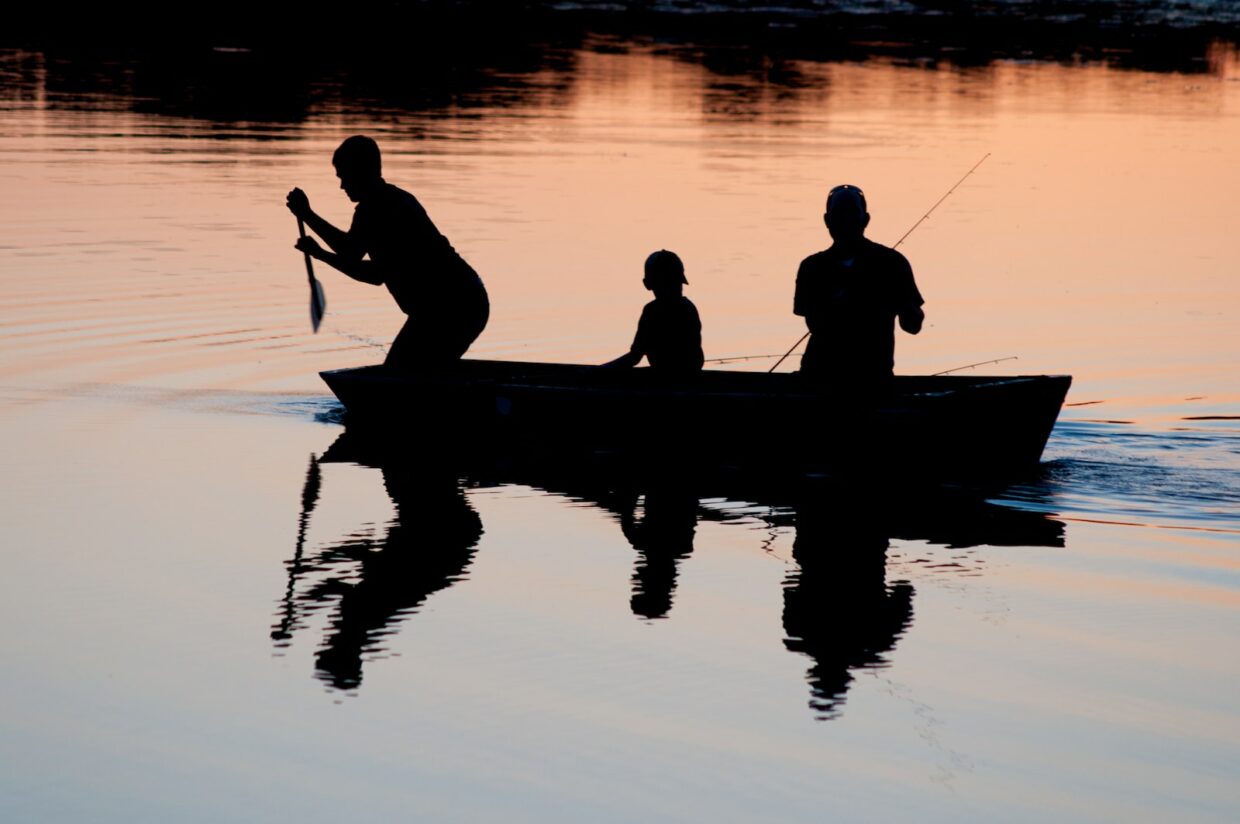.
New Zealand’s fishing industry is one of the largest and most important in the world, with commercial, recreational and customary fishing playing a key role in the country’s economy. It is also very susceptible to the effects of its environment, especially the weather. From seasonal changes to extreme events, the weather in New Zealand can have a major impact on the fishing industry.
Seasonal Changes
The changing of the seasons in New Zealand can bring drastic changes in the weather, and with it, an effect on the fishing industry. In summer, the higher temperatures can lead to an increase in recreational fishing as people flock to the country’s beaches and coastal regions. This can be beneficial for the industry, as recreational fishing can bring in a large amount of income for the economy.
On the other hand, colder months can cause a decrease in recreational fishing, which can result in a decrease in income for the fishing industry. Colder temperatures also tend to be accompanied by strong winds and increased rainfall, which can lead to choppy seas and make fishing more difficult. This can lead to a decrease in both recreational and commercial fishing, resulting in a negative impact on the industry.
Extreme Weather Events
In addition to seasonal changes, extreme weather events can have an even bigger effect on the fishing industry in New Zealand. Storms and cyclones can cause extremely rough seas and winds, leading to a decrease in both recreational and commercial fishing. Heavy rainfall can also cause flooded rivers and streams, making it difficult for fishermen to access the areas they need to fish.
Extreme hot weather can also be detrimental to the fishing industry. High temperatures can lead to a decrease in oxygen levels in the water, which can be dangerous for the fish and lead to a decrease in the number of fish available for recreational and commercial fishing. Extreme heat can also lead to algae blooms, which can choke out the oxygen in the water, resulting in a decrease in the number of fish in the area.
The Benefits of Appropriate Weather
When the weather in New Zealand is appropriate, the fishing industry can reap the benefits. Mild temperatures and low rainfall can create calm seas and rivers, making it easier for both recreational and commercial fishermen to access the areas they need to fish. Additionally, the suitable weather conditions can encourage an increase in the number of fish in the area, leading to an increase in income for the fishing industry.
The right weather can also encourage tourists to come to New Zealand for recreational activities, such as fishing. With the right conditions, tourists can have a pleasant fishing experience that can result in more income for the industry.
Overall Impact
All in all, the weather in New Zealand can have a major impact on the fishing industry. From seasonal changes to extreme weather events, the weather can have an effect on the industry’s income and activity level. Appropriate weather conditions can lead to increased activity and income, while extreme conditions can lead to decreased activity and income.
-
Benefits of appropriate weather:
- Calm seas and rivers
- Increase in the number of fish
- Increase in tourism
-
Effects of extreme weather:
- Decrease in recreational and commercial fishing
- Decrease in the number of fish
- Decrease in tourism
The fishing industry in New Zealand is one of the most important in the world, and as such, understanding how weather can affect it is essential. Knowing the impacts of seasonal changes and extreme weather events can be helpful in increasing profits for the industry and ensuring a successful fishing season in New Zealand.

